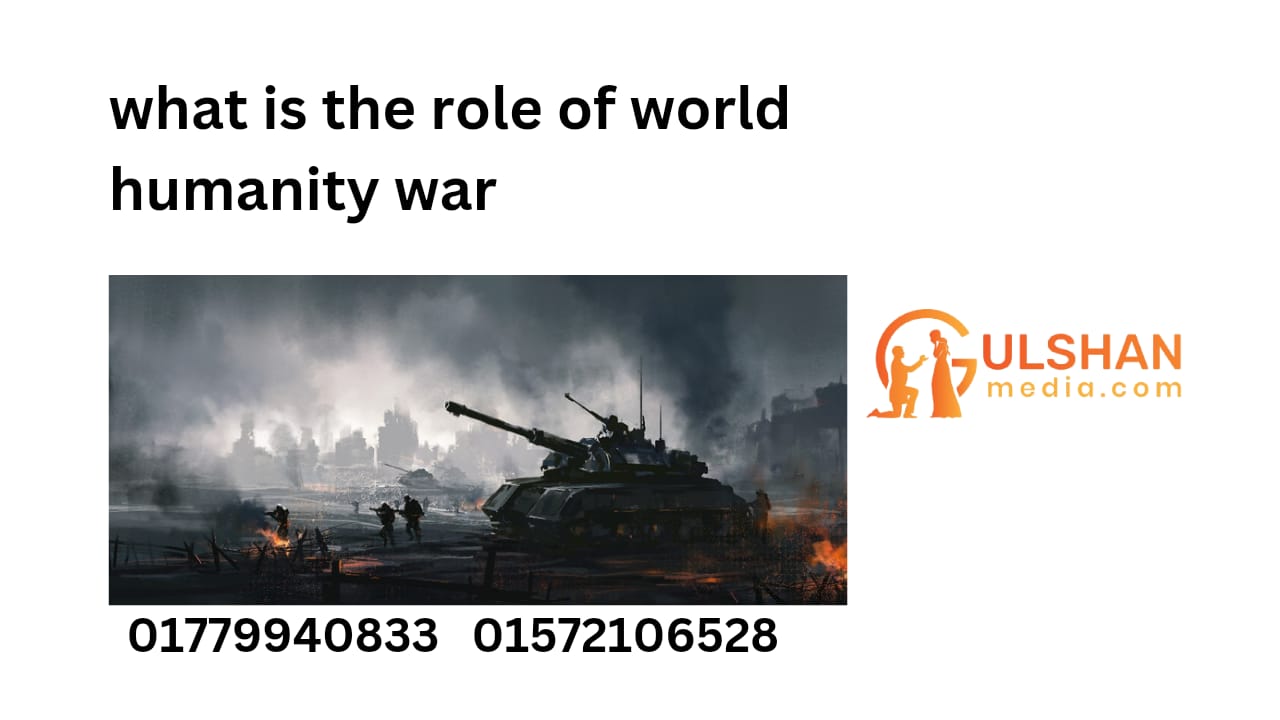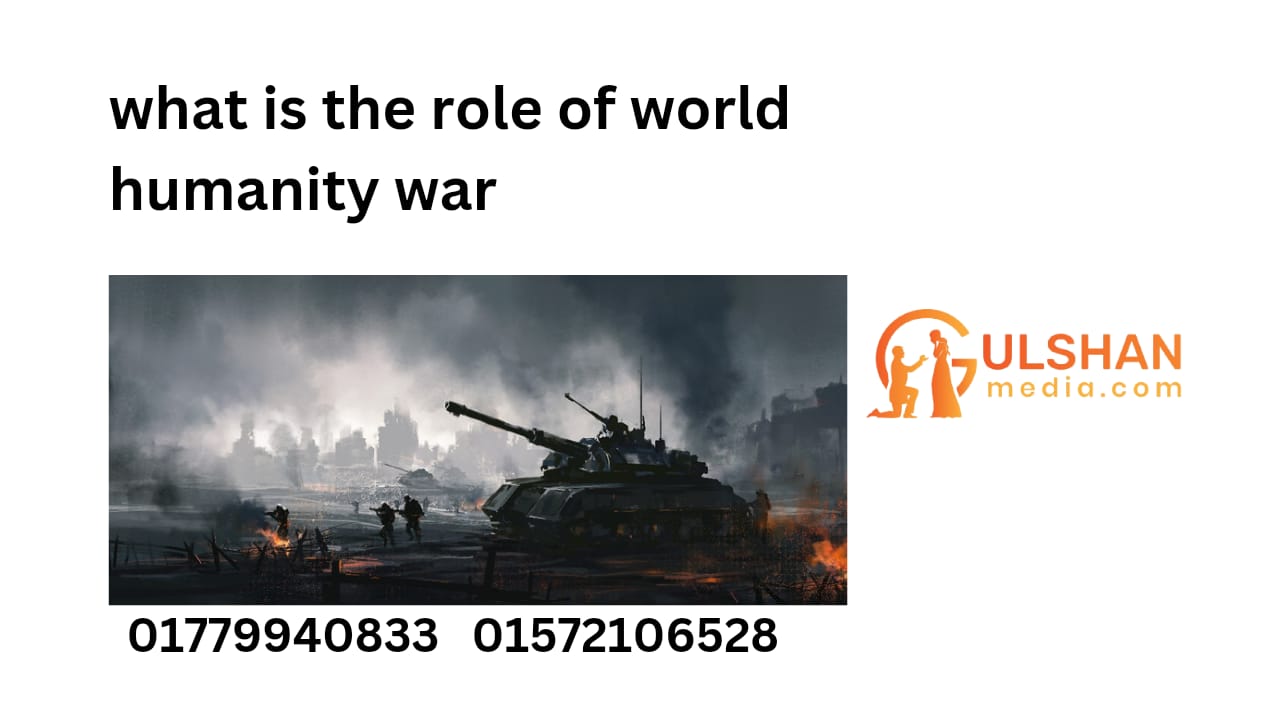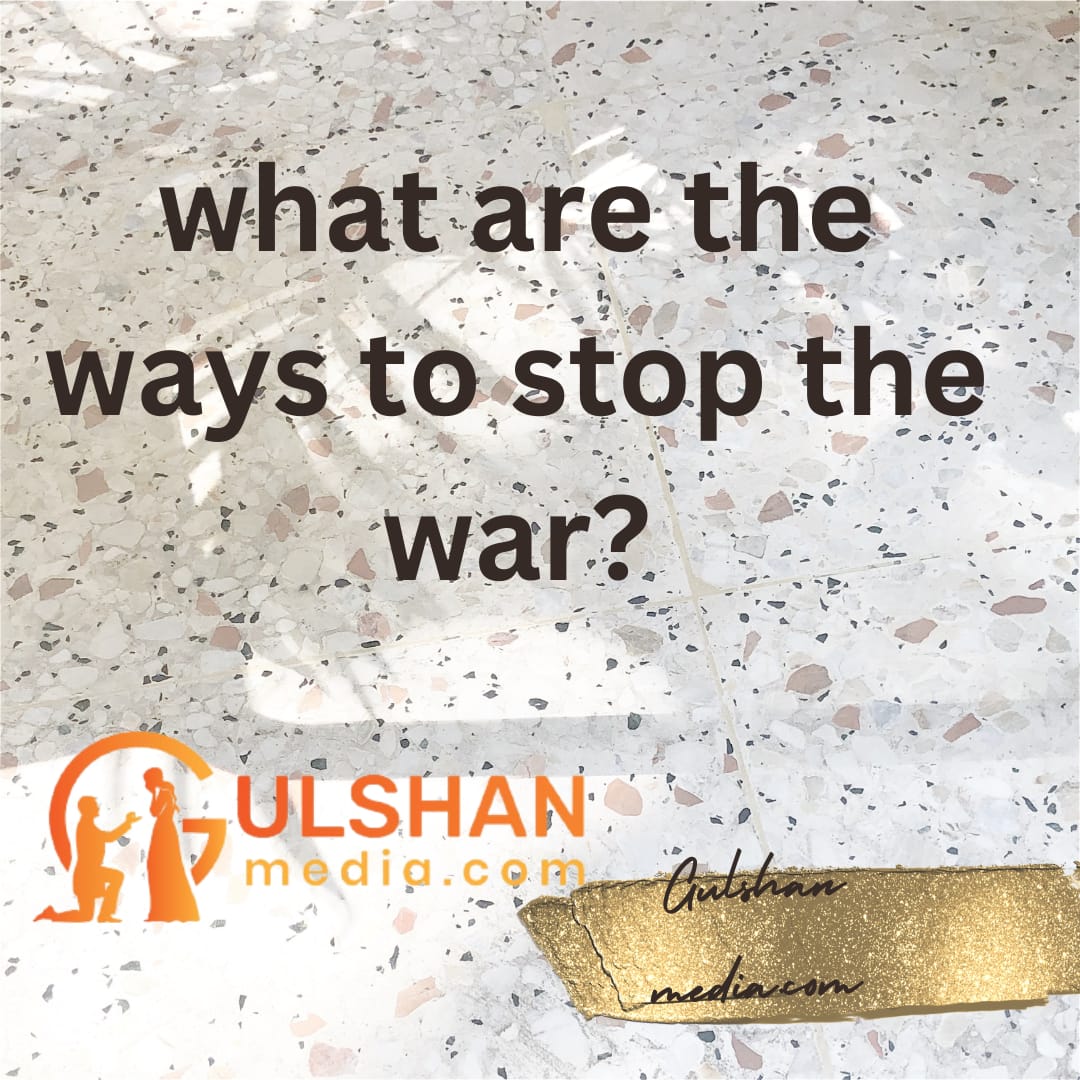What is the role of world humanity in war ?
What is the role of world humanity in war ?
War is a complex phenomenon with a long and tragic history. It has been a part of human existence since the dawn of time, and has taken many different forms throughout the centuries. From tribal skirmishes to global conflicts, war has had a devastating impact on humanity, both physically and emotionally.
The role of world humanity in war is complex and multifaceted. On the one hand, humans are capable of great acts of violence and barbarity. We have waged wars against each other for a variety of reasons, including territorial disputes, ideological differences, and economic rivalry. In the process, we have inflicted immense suffering on our fellow human beings.
On the other hand, humans are also capable of great compassion and empathy. We have a long history of working together to prevent war and to help those affected by it. We have established international organizations, such as the United Nations, to promote peace and security around the world. And we have created a network of humanitarian organizations to provide aid to victims of war.
The role of world humanity in war is therefore one of both conflict and cooperation. We are capable of great violence, but we are also capable of great compassion. Ultimately, it is up to us to choose which path we will take.
The Causes of War
There are many different factors that can contribute to war. Some of the most common causes include:
-
Territorial disputes:
- Countries may go to war over disputed territory, such as land, resources, or borders.
-
Ideological differences:
- Countries with different ideologies, such as democracy and communism, may go to war in an attempt to spread their beliefs to other countries.
-
Economic rivalry:
- Countries may go to war over scarce resources or economic markets.
- Nationalism: Countries may go to war in an attempt to promote their own national interests or to protect their citizens from perceived threats.
- Revenge: Countries may go to war to avenge past injustices or to deter future attacks.
The Impact of War
War has a devastating impact on humanity. It can lead to death, destruction, and displacement. In addition, war can have a profound psychological impact on its victims.
The human cost of war is staggering. According to the World Health Organization, an estimated 10 million people die from war-related injuries or diseases each year. In addition, millions more people are displaced from their homes and forced to live in refugee camps.
War also has a devastating impact on infrastructure. Schools, hospitals, and homes are often destroyed, and essential services such as water and electricity are disrupted. This can make it difficult for people to rebuild their lives after the war.
The psychological impact of war can be just as devastating as the physical impact. Victims of war may experience post-traumatic stress disorder (PTSD), anxiety, depression, and other mental health problems. These problems can make it difficult for people to function in their daily lives and can lead to social isolation and substance abuse.
The Role of World Humanity in Preventing War
World humanity has a role to play in preventing war. We can do this by:
- Educating ourselves about the causes of war and the consequences of violence.
- Promoting peace and tolerance in our communities.
- Supporting organizations that work to prevent war and to help victims of war.
- Holding our governments accountable for their actions and demanding that they work to resolve conflicts peacefully.
The Role of World Humanity in Helping Victims of War
World humanity also has a role to play in helping victims of war. We can do this by:
- Donating to humanitarian organizations that are providing aid to victims of war.
- Sponsoring refugees or volunteering to help them resettle in their new homes.
- Raising awareness about the plight of victims of war and advocating for their rights.
Conclusion
War is a complex and tragic phenomenon, but it is one that we can overcome. By working together to prevent war and to help victims of war, we can create a more peaceful and just world for all.
Below are some specific examples of how world humanity has worked to prevent war and to help victims of war:
- The United Nations: The United Nations was founded in 1945 to promote peace and security around the world. The UN has played a role in preventing and resolving conflicts in many different parts of the world, including the Balkans, the Middle East, and Africa.
- Humanitarian organizations: There are many different humanitarian organizations that provide aid to victims of war. These organizations provide food, water, shelter, medical care, and other essential services to people who have been displaced by conflict.
- Peace education programs: Peace education programs teach people about the causes of war and the consequences of violence. These programs also teach people how to resolve conflict peacefully.
- Refugee resettlement programs: Refugee resettlement programs help refugees to resettle in new countries. These programs .
What are the ways to stop the war ?
There are many ways to stop war. Some of the most important include:
-
Diplomacy:
- Diplomacy is the process of negotiating with other countries to resolve disputes peacefully. It is the most important way to prevent war, and it can also be used to end wars that have already started.
-
Sanctions:
- Sanctions are economic or political measures that are taken against a country in order to punish it for its actions. Sanctions can be used to pressure a country to stop its aggression or to comply with international law.
-
Military intervention:
- Military intervention is the use of force to stop a war or to prevent one from happening. It is the most extreme option, and it should only be used as a last resort.
In addition to these three main methods, there are a number of other things that can be done to stop war, such as:
-
Promoting peace education:
- Peace education teaches people about the causes of war and the consequences of violence. It also teaches people how to resolve conflict peacefully.
-
Supporting international organizations:
- International organizations such as the United Nations play an important role in promoting peace and security around the world. They can help to resolve conflicts peacefully and to provide assistance to victims of war.
- It is important to hold governments account
-
Holding governments accountable:
- able for their actions and to demand that they work to resolve conflicts peacefully. This can be done by voting, writing to elected officials, and participating in protests.
Here are some specific examples of how these methods have been used to stop war:
-
Diplomacy:
- Diplomacy was used to end the Cuban Missile Crisis in 1962. The United States and the Soviet Union were on the brink of nuclear war, but they were able to resolve the crisis through negotiations.
- Sanctions:
- Sanctions were used to pressure South Africa to end apartheid in the 1980s. The sanctions were successful, and apartheid was ended in 1994.
- Military intervention: Military intervention was used to stop the genocide in Rwanda in 1994. The intervention was successful, and the genocide was ended.
- Peace education: Peace education is taught in schools in many countries around the world. It helps to teach children about the importance of peace and how to resolve conflict peacefully.
-
Supporting international organizations:
- The United Nations has played a role in resolving conflicts peacefully in many different parts of the world, such as the Balkans, the Middle East, and Africa.
-
Holding governments accountable:
- Public pressure was a major factor in the decision by the United States to withdraw from the Vietnam War in 1973.
It is important to note that there is no single solution to stopping war. The best method will vary depending on the specific situation. However, the methods discussed above are some of the most important tools that we have to prevent and end wars.
Here are some additional thoughts on how to stop war:
-
Address the root causes of war:
- War is often a symptom of deeper problems, such as poverty, inequality, and injustice. By addressing these root causes, we can make it less likely that wars will happen in the first place.
- Promote a culture of peace: We need to create a world where peace is the norm, and violence is the exception. This can be done by educating people about the importance of peace and by promoting nonviolent conflict resolution.
- Support peacebuilding efforts: Peacebuilding is the process of creating the conditions necessary for lasting peace. This includes supporting democracy, human rights, and sustainable development.
Stopping war is a complex challenge, but it is one that we must meet. By working together, we can create a more peaceful world for all.
marriage media dhaka Bangladesh
বিয়ে সংক্রান্ত যেকোনো তথ্য ,সেবা এবং পরামর্শ পেতে যোগাযোগ করুন গুলশান মিডিয়ার সাথে। ” কল করুন: 01779940833/ 01815152927
Email : gulshanmedia2@gmail.com










